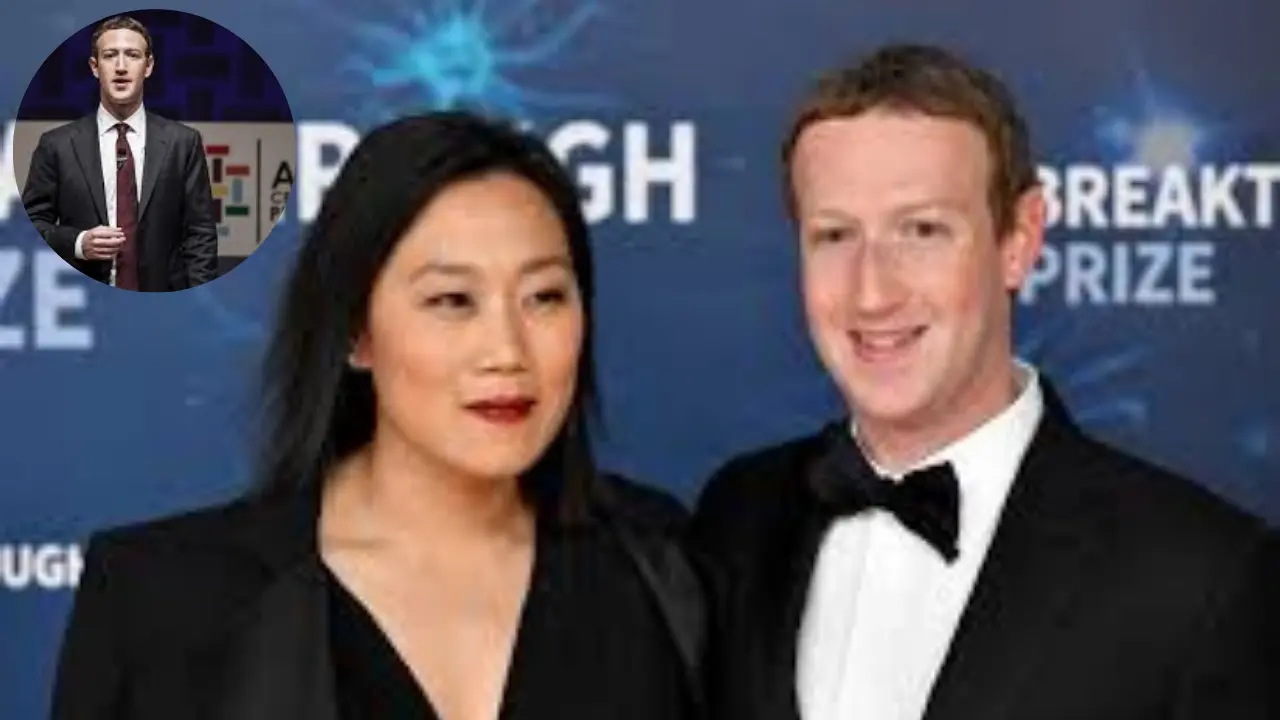Mark Zuckerberg’s Political Concessions to Republicans Before the 2024 Election
Mark Zuckerberg is making significant concessions to Republicans in the lead-up to the 2024 presidential election, aligning himself with GOP criticisms of his company’s policies. Recently, the Meta CEO has drawn attention by implicitly endorsing right-wing narratives on “censorship” and referring to Donald Trump as “badass,” despite his stated intent to remain neutral and nonpartisan.
In a recent letter to the influential House Judiciary Committee, Zuckerberg alleged that the Biden administration had exerted undue pressure on Meta to censor content during the pandemic. He claimed that in 2021, senior officials, including those from the White House, persistently pushed for the removal of certain COVID-19-related content, including humor and satire, and expressed frustration when Meta did not comply. Zuckerberg admitted that he felt this pressure was “wrong” and expressed regret that his company did not speak out more forcefully.

The letter has been seized upon by Trump, who used it to perpetuate claims that the 2020 election was rigged, particularly focusing on the suppression of the Hunter Biden laptop story. Trump highlighted Zuckerberg’s claims on Truth Social, asserting that they support his narrative of election fraud.
The Republican-led House Judiciary Committee quickly capitalized on Zuckerberg’s letter, using it to criticize President Joe Biden and Vice President Kamala Harris, who is running for re-election. The committee’s post on social media praised the letter as a victory for free speech, emphasizing claims that the Biden administration had pressured Facebook to censor content and throttle the Hunter Biden laptop story.
Zuckerberg’s disclosure comes amidst ongoing scrutiny of social media content moderation practices and the Supreme Court’s recent ruling that federal government requests to remove misinformation did not constitute overreach. By aligning with Republican narratives, Zuckerberg’s move plays into longstanding GOP claims that social media platforms have colluded with liberal officials to suppress conservative voices.
The letter also reveals Zuckerberg’s decision to halt financial support for election efforts, following criticism from Republicans who accused his previous donations of benefiting Biden. Zuckerberg stated he would not contribute to election-related funding in the current cycle to avoid the appearance of bias.
Moreover, Zuckerberg acknowledged that Meta’s decision to limit the spread of the New York Post’s 2020 story on Hunter Biden’s laptop was a mistake, despite the reporting’s questionable narrative. He admitted that the story was not disinformation but conceded that Meta should not have reduced its visibility.
Zuckerberg’s recent comments, including praising Trump’s response to an assassination attempt, signal a strategic shift aimed at mending fences with Republicans and providing them with political leverage. In light of these developments, Zuckerberg’s actions underscore a broader trend of social media companies recalibrating their approaches as elections approach, often under intense political scrutiny.
Mark Zuckerberg’s letter about Facebook censorship is not what it seems
This week, Mark Zuckerberg sent a letter to Rep. Jim Jordan (R-OH) detailing claims that the Biden administration pressured Meta to “censor” content on Facebook, particularly Covid-19 misinformation. The letter also touched on Hunter Biden’s laptop and Zuckerberg’s decision to refrain from funding election efforts. While these points might sound dramatic, they are not new revelations.
Zuckerberg’s timing is notable. As Republicans, who have been vocal about banning books in schools, resurrect old allegations to criticize Democrats, it’s clear that election season often involves recycling familiar narratives. The surge of misinformation on social media platforms as the election approaches adds another layer to the political drama.

With just two months left before the election, social media platforms have fewer safeguards against misinformation. By addressing the Biden administration’s alleged censorship efforts in a letter, Zuckerberg seems to be throwing Republicans a political lifeline—one they can use to rally their base and blame Democrats for supposed censorship. However, this move may be more about Zuckerberg trying to manage Meta’s public image and avoid further scrutiny.
To understand the context of Zuckerberg’s letter, it’s essential to know why it was directed to Rep. Jordan. As chair of the House Judiciary Committee, Jordan has been leading an investigation into claims that the Biden administration and tech companies conspired to suppress free speech online. He even threatened to hold Zuckerberg in contempt for not complying with a subpoena. Zuckerberg’s letter now appears to be an effort to cooperate with the investigation.
In his letter, Zuckerberg admits that the Biden administration pressured Meta to suppress certain Covid-19 content, including satire, and acknowledges that this pressure was “wrong.” He also mentioned that Meta is now prepared to resist similar pressures in the future.
This isn’t new information. The Biden administration did indeed press Meta and other tech companies to tackle Covid-19 misinformation during the pandemic. This issue was highlighted in 2021 when Surgeon General Vivek Murthy labeled misinformation as an “urgent threat,” and although President Biden later softened his stance, the pressure on social media platforms continued. This was also the focus of a recent Supreme Court case that sided with the Biden administration.
We already knew that Meta, then Facebook, faced pressure to curb misinformation. Leaked internal documents from 2021 revealed the platform’s awareness of the negative impact of vaccine misinformation. Despite congressional pressure, Facebook did not disclose its internal findings at the time. The specifics of the White House’s pressure on Facebook were also revealed a year ago through documents provided to Jordan and his committee.
In summary, while Zuckerberg’s letter might stir political debates, it primarily rehashes known issues as he navigates a complex political landscape and aims to manage Meta’s public relations.



